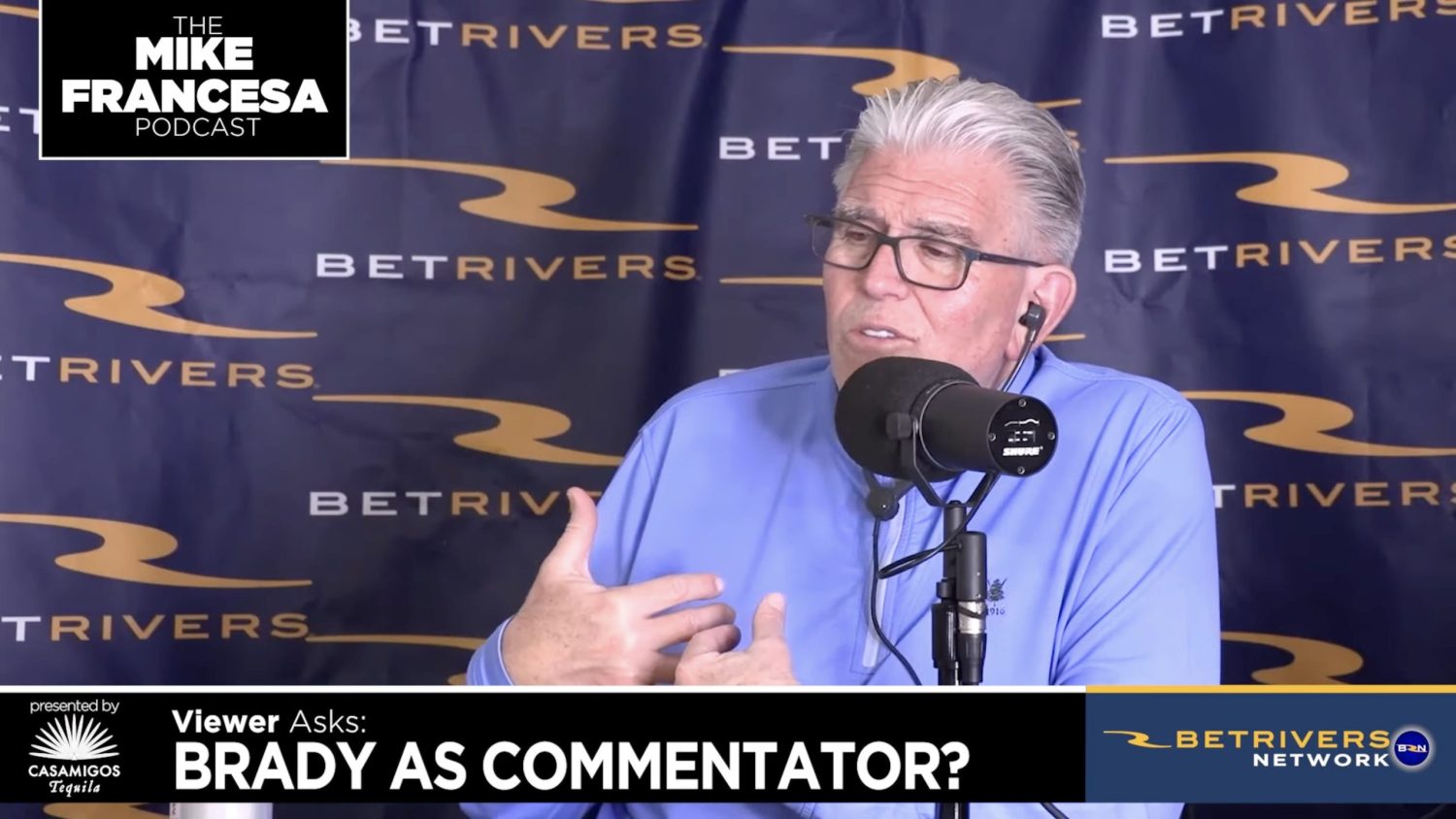Kevin Durant and Charles Barkley butted heads again during NBA All-Star weekend over Durant’s leadership style, and a new interview sheds light on Durant’s point of view about that aspect of his career.
Long known for being a leader by example who chooses his spots to be vocal, Durant frequently gets criticized for not leading his teams. As one of the NBA’s greatest players ever, that perception is used against him by the media to knock him down a peg in the historical hierarchy of the league.
“The narratives, I hear them, and I listen to them, and they inspire me and fuel me, but it’s not the reason I play,” Durant said in an interview with his manager, Rich Kleiman, released Tuesday by Durant’s media brand Boardroom. “It’s just something I can’t avoid.”
Just this season, ESPN’s Adrian Wojnarowski created another air of doubt around Durant’s commitment and connection to his Phoenix Suns teammates when he hinted at Durant becoming disgruntled amid a rough patch early in the year for Phoenix.
Durant believes those concerns come because he doesn’t charm fans and media like some of his peers do and doesn’t go out of his way to build himself up positively.
“I’m not as charismatic as my peers; I don’t have a personality that’s fit for TV like my peers,” Durant explained. “You’ve got to sell what you’re doing as well, and I haven’t sold it enough. I don’t feel like I need to, I don’t feel like I need people to call me a leader, but I also don’t feel like I want people to say I’m not one either.”
At the same time, since angering much of the basketball world by joining the Golden State Warriors in 2016, Durant has made a public and vocal attempt to make peace with how he is seen by hoops heads rather than fighting against his reputation.
“I wouldn’t say I’m motivated by the narrative. I hear it, and I understand it … but it’s always been about can I can perfect the craft every night,” Durant said. “Once I started to understand that this was my goal all along, to build my craft to the best that I can get it … that’s when the game started to become more fun to me.”
Durant admitted that he often wears his heart on his sleeve on the court but believes that’s normal. After all, athletes are extraordinarily competitive, and that energy could be seen as relatable rather than a problem.
“Times where I’m unhappy, that’s just human nature. We don’t play well as a team, I’m not happy,” Durant explained. “Of course my life is good, of course I can’t complain about anything, but in the moment, some s*** happens, I’m not gonna fake like I’m not upset about it because I’m living such a great life.”
Durant still traces a lot of the fan and media blowback toward him to his decision to go to Golden State nearly a decade ago. The two-time NBA champion said it surprises him that he still faces so much negativity this many years after his move.
“That’s what I’m shocked at is how much it’s lingered and how much it’s become personal,” Durant said.
Durant’s career weaves through many of the biggest stories in the NBA, making him a defining athlete of his generation. However, it’s fair to wonder why the narrative has stayed largely negative around Durant while it has had more peaks and valleys for other players.







